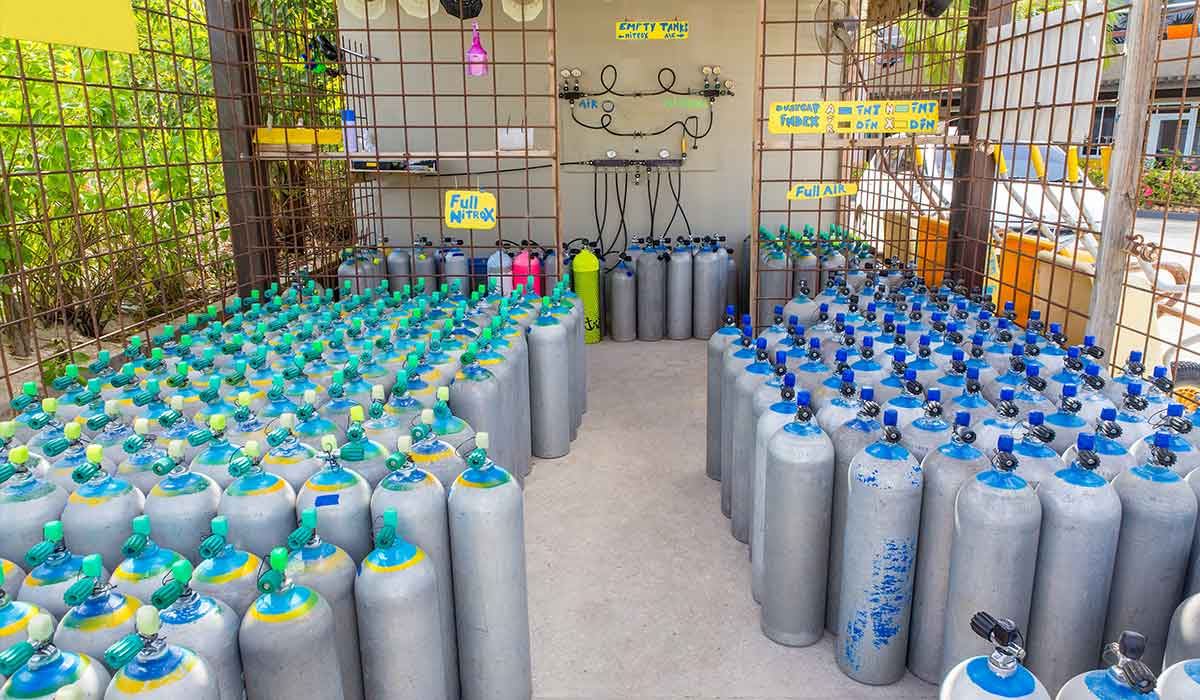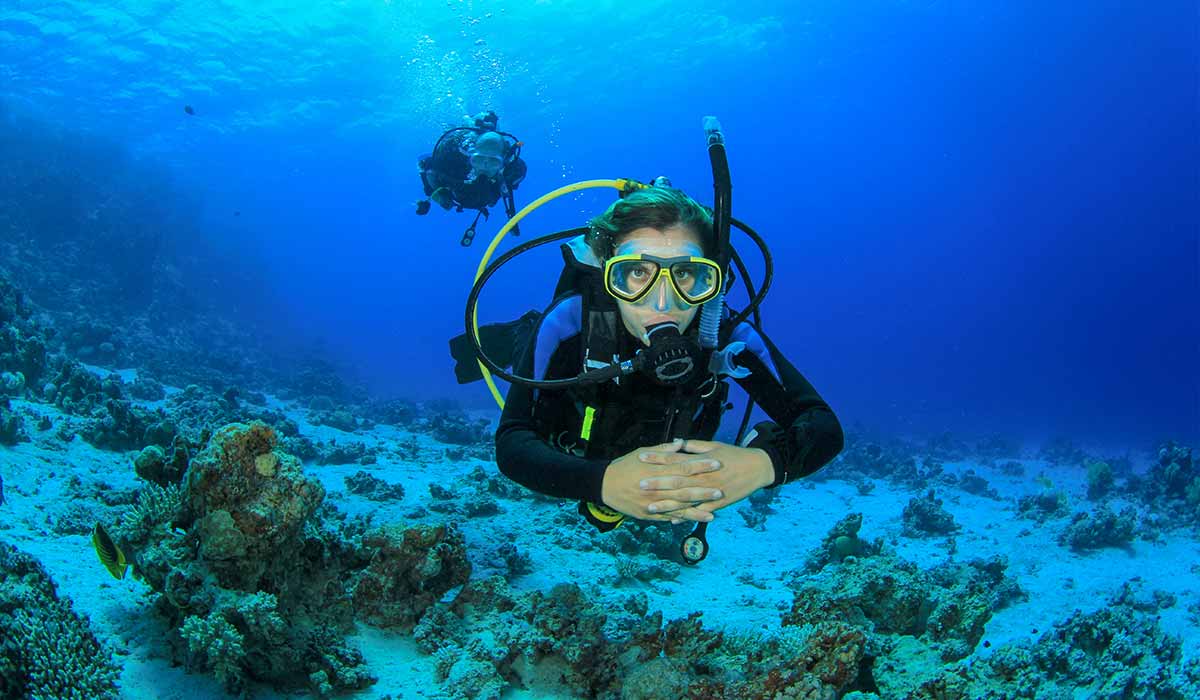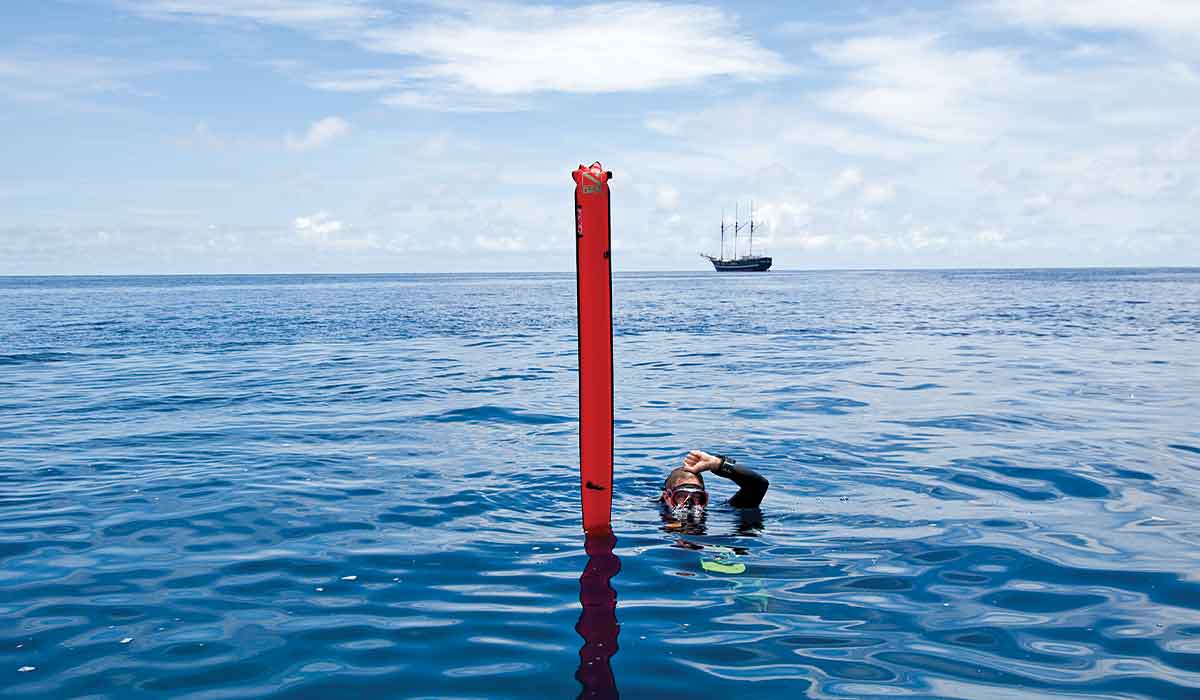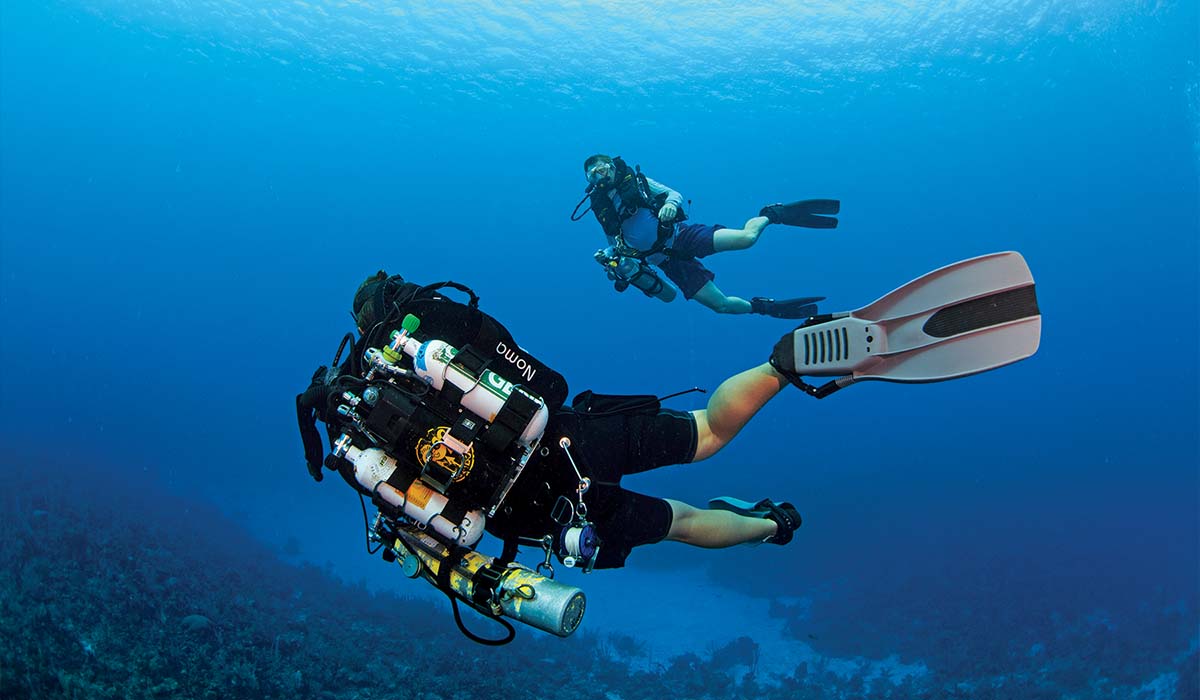Breathing Gas Contamination: A Case for Education and Maintenance
Breathing gas can become contaminated — so divers should always trust their noses. Read a case summary of contaminated breathing gas and what can be done should it happen to you.

Diving Incident Reports Post Type
Breathing gas can become contaminated — so divers should always trust their noses. Read a case summary of contaminated breathing gas and what can be done should it happen to you.

A diver discusses her experiences with decompression sickness after several deep dives.

Diving with signaling devices, whistles and surface marker buoys can help in certain emergency situations. Read one incident of how SMBs were critical in rescuing divers.

An equipment failure can be incredibly dangerous. One diver shares their experiences with improper settings of regulator line pressure.

A momentary lapse led to an unintended leg trauma.
If you’re diving deep, it may pay to carry your own regulator that you have tested before.
When questionable symptoms pop up, seek medical treatment immediately.
Distractions happen to us all. But you need to stay alert and present to avoid emergencies and injuries.
Muscular leg weakness after a dive should always be treated as an emergency, and divers should receive a full neurological evaluation, first aid oxygen and evacuation to the nearest emergency room.
Diving in a current is always a hazardous activity and requires proper risk evaluation, adequate planning and safety measures.